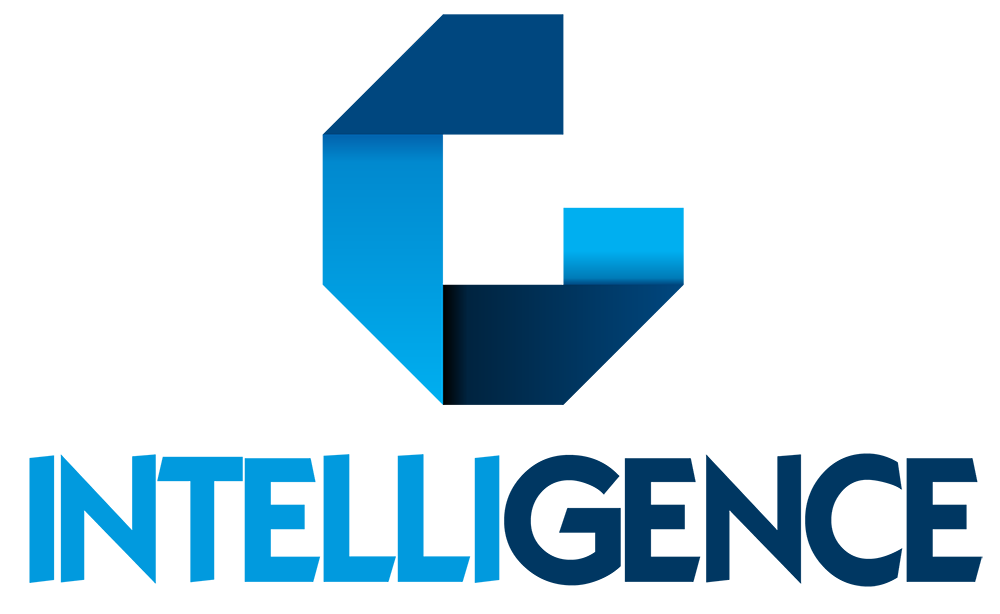Feasibility Studies: Preparation, Analysis & Evaluation
Course Schedule

Feasibility Studies: Preparation, Analysis & Evaluation
One key to success of a project is to perform a proper feasibility study with the same manner of excellence as the project itself. A feasibility study provides a good foundation to allow project analysis and design activities to commence in a focused manner. It either refines a business case by examining the range of possible options and potential issues or forms a basis for its development. A feasibility study should address issues that could influence the success of a potential project and assess the advantages and disadvantages of each option so they can be ranked.
The end product of the study is a clear, concise report which presents the proposed project’s original specifications and objectives, with conclusions and recommendations for the next phase. The report highlights the advantages and disadvantages associated with each option and cover items such as cost, revenue, strategic considerations and other issues. It provides senior management with a firm basis to determine whether the project has sufficient merit to continue into more detailed phases.
All types of organizations need to find more productive means to offer their products and/or services, so feasibility studies are completed to better meet customer and stakeholder needs. A focus on the use of these productive practices allows for effective and efficient management of project work and is an important part of customer service.
- Project principles and concepts which allow participants to learn techniques to complete a feasibility study,
- Techniques of the components of a feasibility study,
- Management methods, processes and procedures to be productive when doing a feasibility study,
- Techniques on how to involve stakeholders in the feasibility study,
- And opportunities to practice on several key project feasibility study techniques.
The Goals
- Apply skills necessary to complete a feasibility study
- Illustrate the internal and external influences on excellence in project feasibility
- Use basic project planning tools in completion of the feasibility study
- Identify proper communication and interpersonal strategies with stakeholders
- Assess the usefulness of a feasibility study.
The Process
- The program enhances learning with practical activities so participants can develop knowledge and skills to complete feasibility studies. The program includes a presentation of material for theory, knowledge and delegate interaction, discussion on the material, exercises to apply planning processes, interaction using the experiences of the instructor and group’s colleagues and practice using case studies on key concepts.
The Benefits
- Employ individual leadership performance by identifying methods of completing feasibility studies
- Discover effective project planning for feasibility studies for individuals and teams
- Examine management techniques to plan and organize feasibility studies
- Use stakeholder management to involve stakeholders in feasibility studies
- Apply useful planning, organization and people management skills
- Organize personal value and competency to an organization
The Results
- Create effective and efficient leadership in the organization
- Apply skills which will raise the capability, skill and morale
- Use proper communication and interpersonal techniques with stakeholders
- Illustrate organizational and personal planning capabilities
- Appraise performance of self in personal and team projects
Day One
Planning a Feasibility Study
- Introductions, course purpose, goals and objectives
- What are feasibility studies and why are they important?
- Feasibility studies: definitions, principles and concepts
- Identifying where a feasibility study occurs in a project plan
- Creating and protecting ‘value’
- Understanding the business need
Day Two
Considering the Options
- Distinguishing between needs and wants
- Performing an options analysis
- Creative thinking and problem solving
- Consideration of the risks and opportunities
Day Three
The Risk Assessment
- The risk management process and application
- Identifying and assessing the risks of the preferred option
- Identifying and managing key stakeholders
- Establishing the cost estimate
- Contingency determination
Day Four
The Feasibility Assessment and Evaluation
- Determining the most feasible option
- Financial analysis techniques
- Non discounting methods
- Discounting methods
- Net Present Value, Internal Rate of Return
Day Five
Preparing the Report
- Developing the feasibility report
- Understand the characteristics of proper communication
- Identifying how interpersonal relationships ensure successful feasibility studies
- Real case feasibility study review and analysis
- Summary, key messages and learning outcomes
- The course is designed for professionals who desire to learn practical project management techniques of a feasibility study that will assist them in completing work and projects.
- The course is for professionals who have an interest in this specific project work in any type of organization or industry.
- The course is appropriate for management professionals.
| Sub Code | CM028 |
| Start Date | Sun,Apr,3,2022 |
| End Date | Thu,Apr,7,2022 |
| Duration | 5 Days |
| Fee(US$) | 3250 |
| Location | Al-Khobar, KSA |
| Reminder |

|

